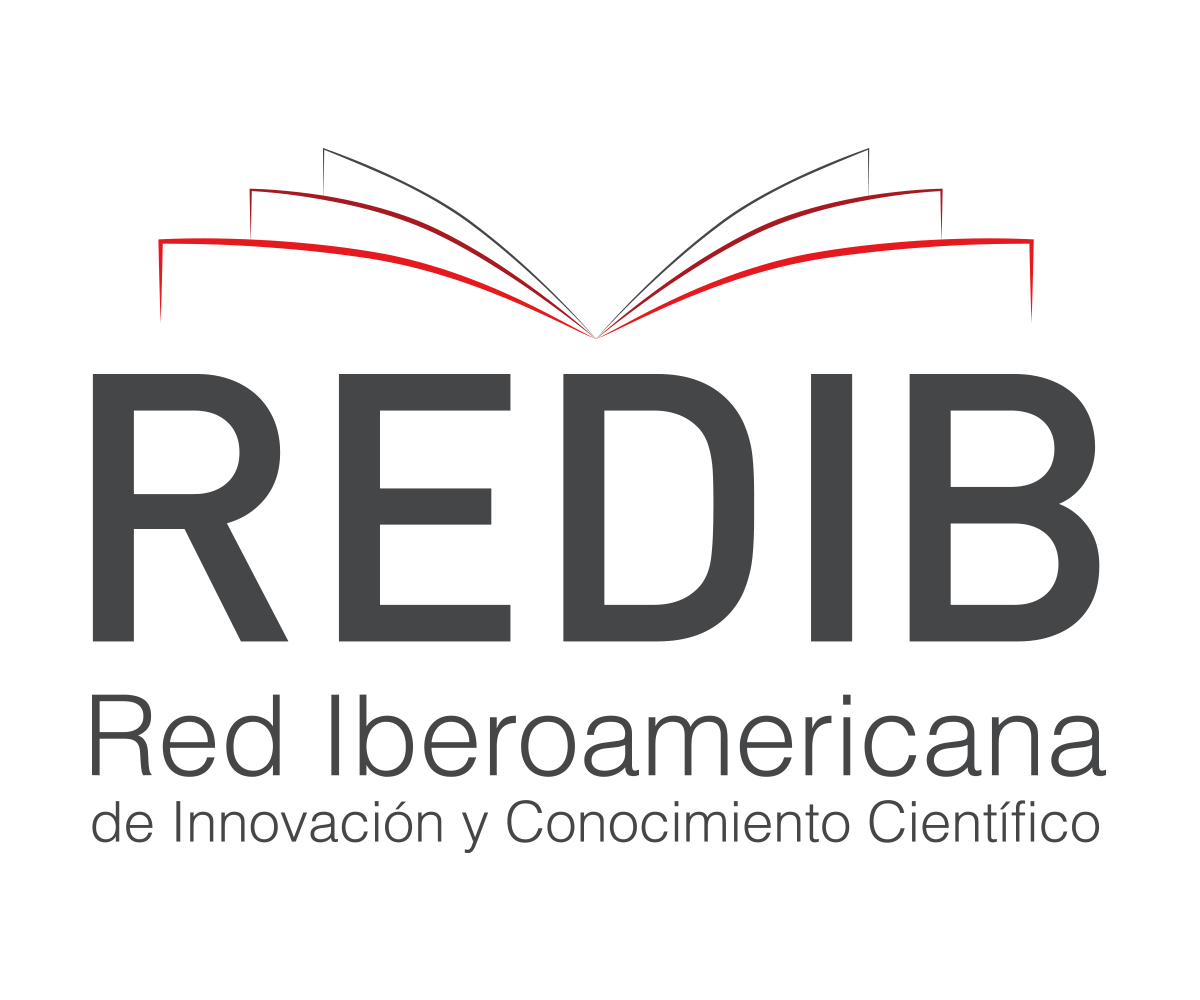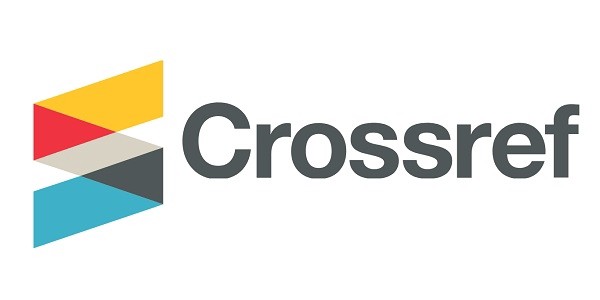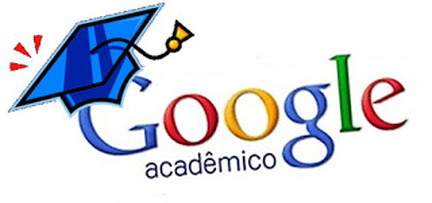IA – ARTIFICIAL INTELLIGENCE: IMPACT, RISK AND BENEFIT WICH CHALLENGE MODERN SOCIETY
DOI:
https://doi.org/10.31510/infa.v21i1.1879Keywords:
artificial intelligence, risks, benefitsAbstract
Artificial Intelligence (AI) is a technology that emerge as a modifier of many paradigms and our entire way of life. With the ability to create systems that simulate human reasoning, its technical advances can already be throughout society, whether in the ability to streamline tasks, autonomous vehicles, or robotics, it is already present in today's society. These advances walk a fine line between the advantages and ethical impacts for their users, bringing risks and benefits that must be widely debated by society. Given these issues, this research aims to evaluate the risks and benefits of artificial intelligence that challenge modern society, highlighting the types of artificial intelligence, machine learning, as well as its benefits, also exploring the risks with deep fakes culminating in the overcoming of the human mind by the machine and its consequences. The resarch used was bibliographic and analyzed various academic scientific articles The results obtained demonstrate the benefits of this tecnology, as weel as its advanced in various areas.
Downloads
References
ALMEIDA, L.E.F. Princípio da eficiência e Inteligência Artificial. Trabalho de Conclusão de curso. PUC, Campinas. 2022.
ALVARENGA, M.O. C. Hipóteses de responsabilidade em crimes envolvendo inteligência artificial. Trabalho de conclusão de curso. PUC, São Paulo. 2022.
CARVALHO, A. C. P. L. F. Inteligência Artificial: riscos, benefícios e uso responsável. Estudos Avançados, n. 35. 2021. DOI: https://doi.org/10.1590/s0103-4014.2021.35101.003
CÓBE, et al. Rumo a uma política de Estado para inteligência artificial. Revista USP. n., p. 37-48, jan/fev/mar. 2020. DOI: https://doi.org/10.11606/issn.2316-9036.v0i124p37-48
CUPERTINO, R. T. Impactos da inteligência artificial na economia mundial. Monografia. Universidade Federal de Uberlândia, 2023.
FONSECA, J. J. S. Metodologia da pesquisa científica. Universidade Estadual do Ceará. 2002.
KAUFMAN, Dora. Desmistificando a Inteligência Artificial. São Paulo: Autêntica, 2022.
LUDEMIR, T.B. Inteligência Artificial e aprendizado de máquina: estado atual e tendencias. Estudos avançados, v. 35, n. 101, p. 85-94, 2021. DOI: https://doi.org/10.1590/s0103-4014.2021.35101.007
RAMOS, A. S. M. Inteligência Artificial Generativa baseada em grandes modelos de linguagem – ferramentas de uso na pesquisa acadêmica. Universidade do Rio Grande do Norte,2023. DOI: https://doi.org/10.1590/SciELOPreprints.6105
SAYAD, A. L.V. Inteligência artificial e seu impacto no desenvolvimento do pensamento crítico. Dissertação. PUC, São Paulo. 2022.
SEVERINO, A.J. Metodologia do trabalho científico. São Paulo: Cortez, 2014.
SICHMAN, J. S. Inteligência Artificial e sociedade: avanços e riscos. Estudos Avançados, n.35. 2021. DOI: https://doi.org/10.1590/s0103-4014.2021.35101.004
Downloads
Published
Issue
Section
License
Copyright (c) 2025 Revista Interface Tecnológica

This work is licensed under a Creative Commons Attribution 4.0 International License.
Os direitos autorais dos artigos publicados pertencem à revista Interface Tecnológica e seguem o padrão Creative Commons (CC BY 4.0), que permite o remixe, adaptação e criação de obras derivadas do original, mesmo para fins comerciais. As novas obras devem conter menção ao(s) autor(es) nos créditos.






.jpg)




1.png)
1.png)
